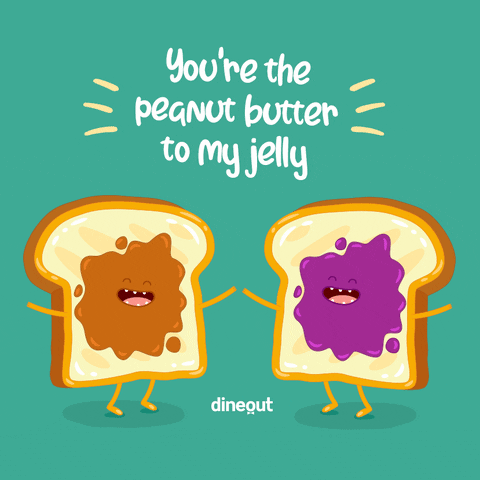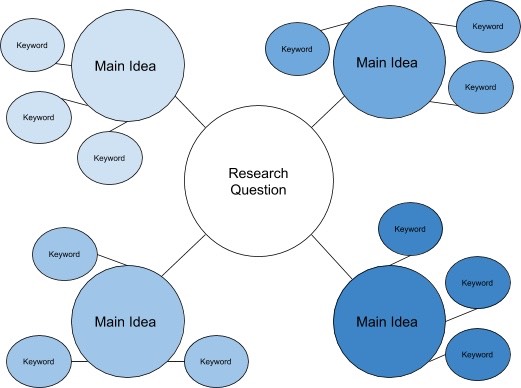1.2 Finding and organizing the information you need to answer the question
2 min read•june 18, 2024
Zaina Siddiqi
AP Research 🔍
28 resourcesSee Units
Formulating Research
Now that you have an idea of what you want to research, it's time to actually research!
To understand something better, you need to question what you already know, find out what you don't know, and relate it to things you already understand.
We often overlook the biggest source of knowledge we have. No, it's not google (although it's certainly helpful). The largest source of information you have is the head (or brain) on your shoulders!
Personal Experiences
🥳 Think about your question and think about your experiences. Do you carry assumptions with that question? Do you have a cultural context relating to that question? The best research is led by personal assumptions, beliefs, and experiences.
💭 For example, we can go back to the peanut butter and jelly sandwich example. From your personal experience, you may be able to tell they have a high sodium content. We can actually take this further and analyze sodium on productivity in a model organism and extrapolate those results to reflect human understanding. However, it doesn't have to be this scientific!

Image courtesy of GIPHY
Concept Mapping
Try mapping out your research question to visualize your thought process. Attempt to draw, organize, and connect your ideas through this concept mapping. An example is shown below.

Image courtesy of Grand Valley State University
Your research question may challenge or confirm your existing beliefs, understandings, and knowledge. That's the fun of it! This is a chance to truly explore your knowledge and understanding of the world around you.
Remember, you got this. 😁 Happy researching!
Browse Study Guides By Unit
🤨Unit 1 – Question & Explore
🔎Unit 2 – Understand & Analyze
👥Unit 3 – Evaluate Multiple Perspectives
💡Unit 4 – Synthesize Ideas
🗣Unit 5 – Team, Transform, & Transmit
🎓The Academic Paper
✏️Frequently Asked Questions
📚Study Tools

Fiveable
Resources
© 2025 Fiveable Inc. All rights reserved.